Flower Seeds
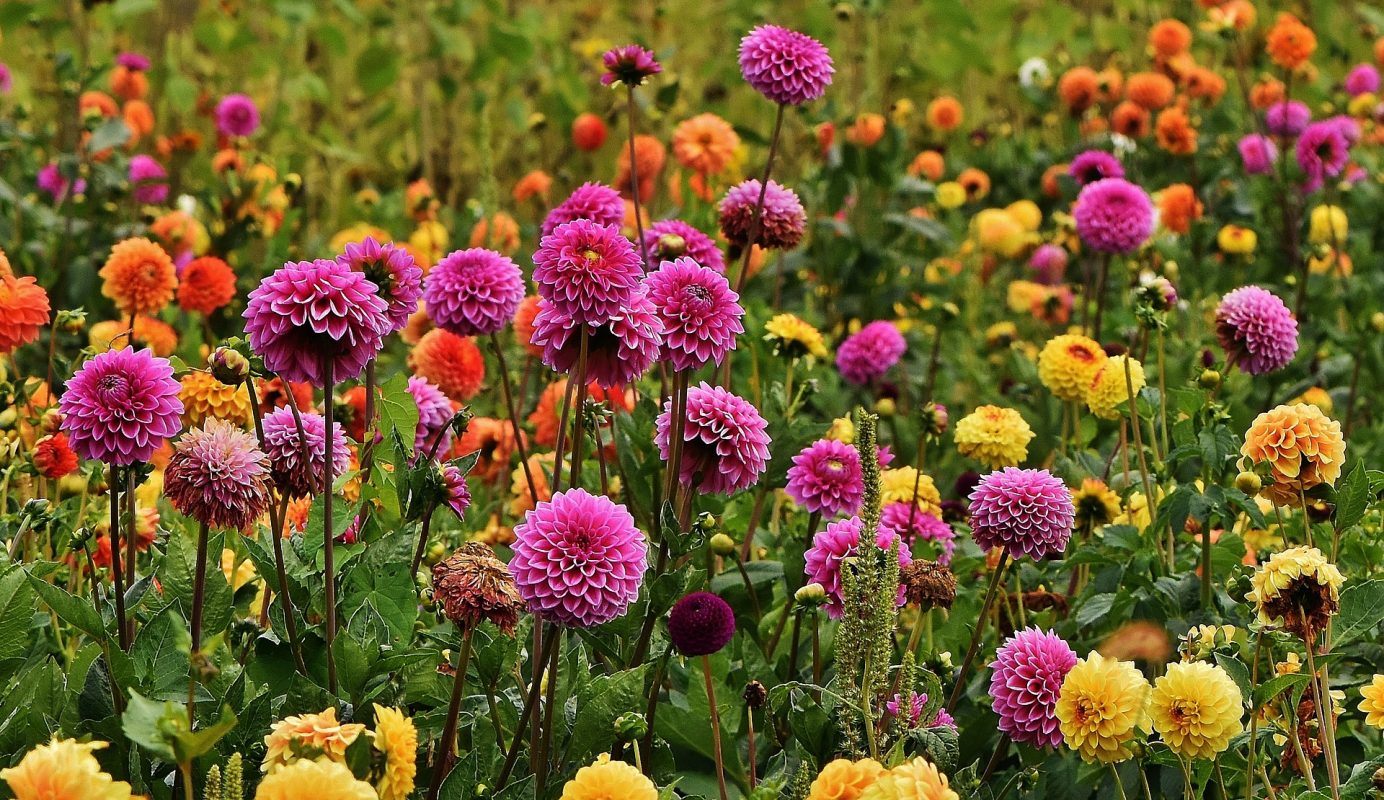
New arrival
NEW FLOWER SEEDS

A title
Image Box text
FREE SHIPPING FOR ORDER $29 ABOVE
Flower Seeds


Image Box text
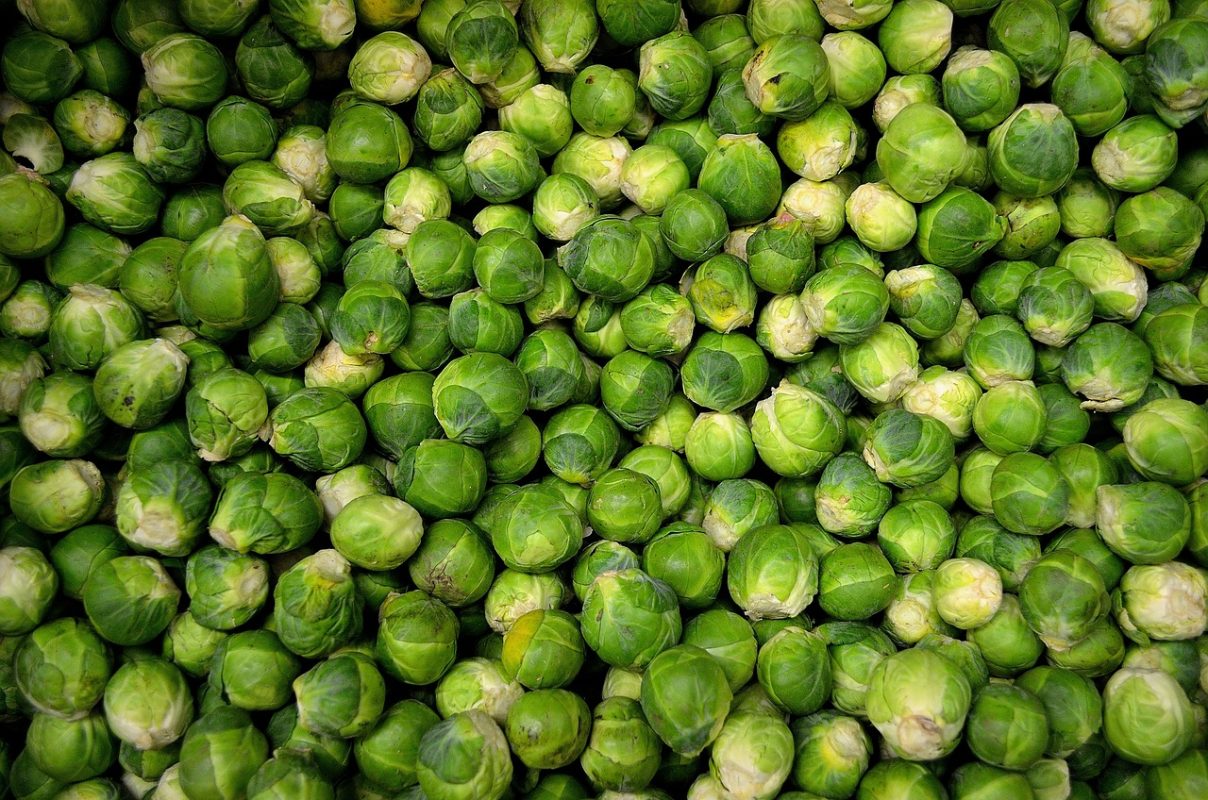

Image Box text
Plant Seeds
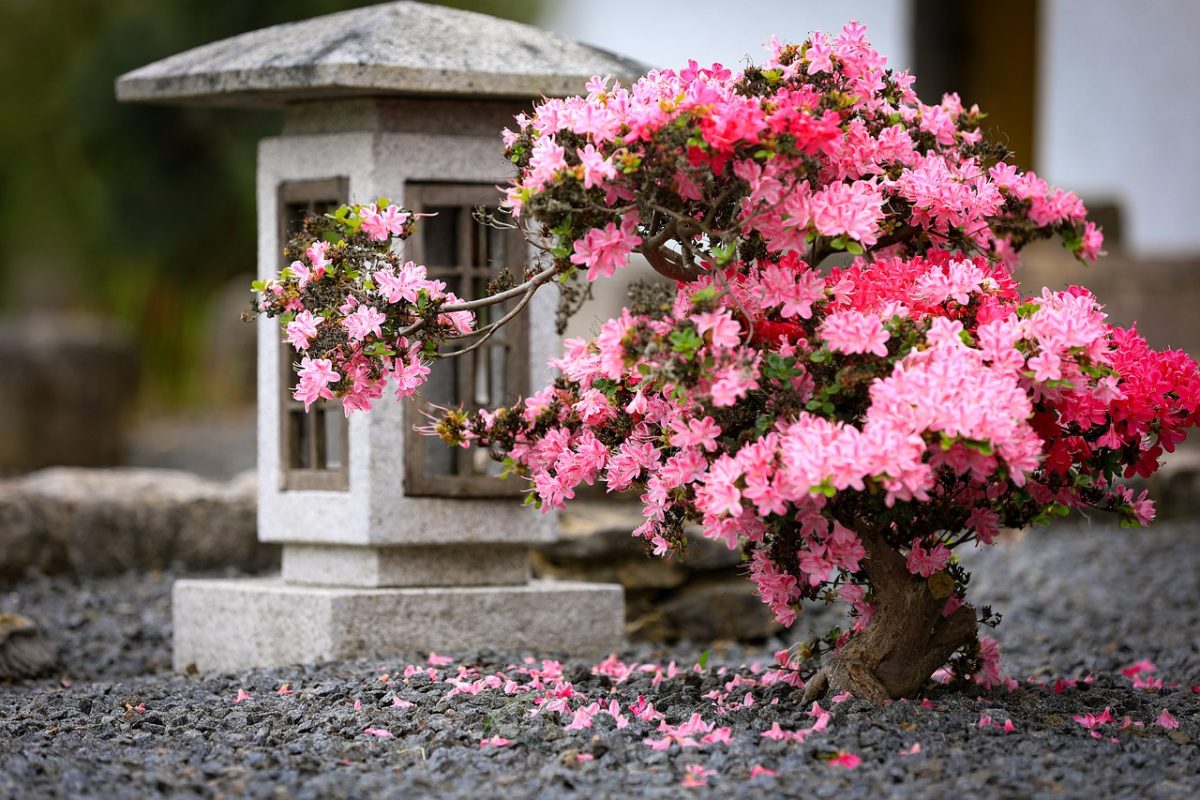
New arrival
NEW Plant SEEDS

Image Box text
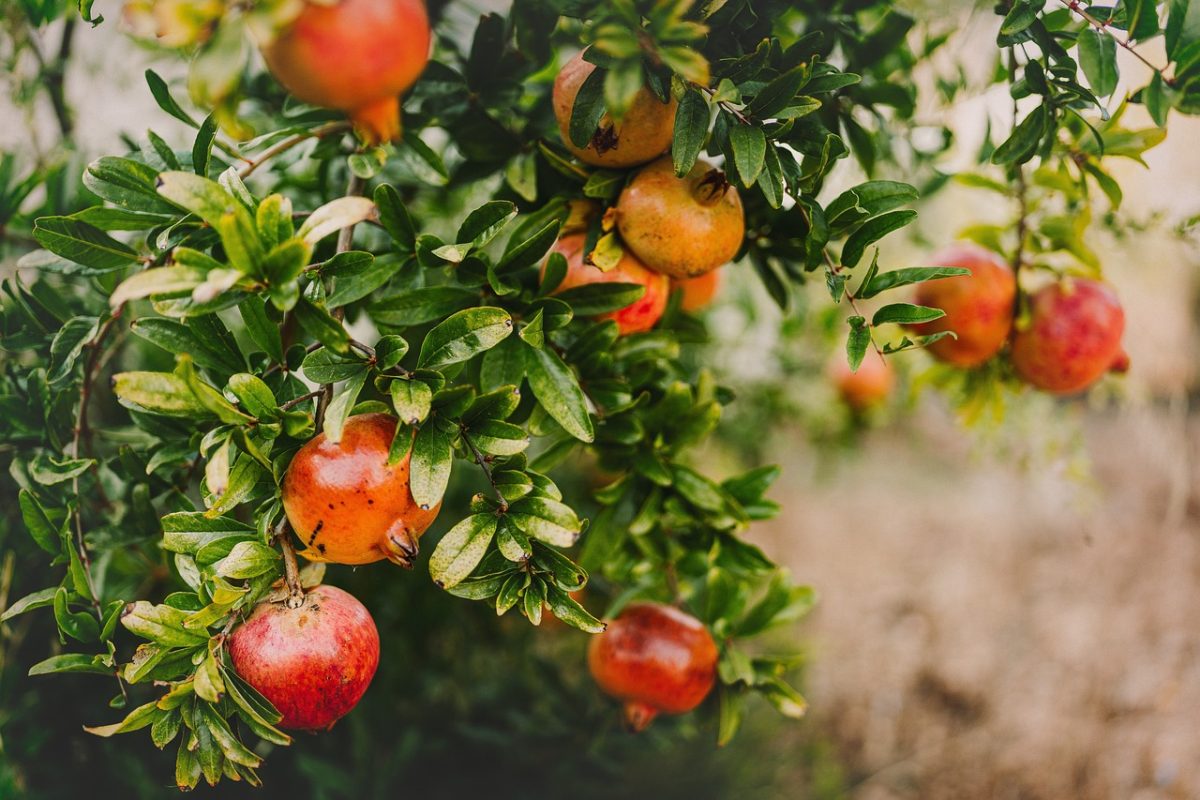
Succulent & Cactus Seeds
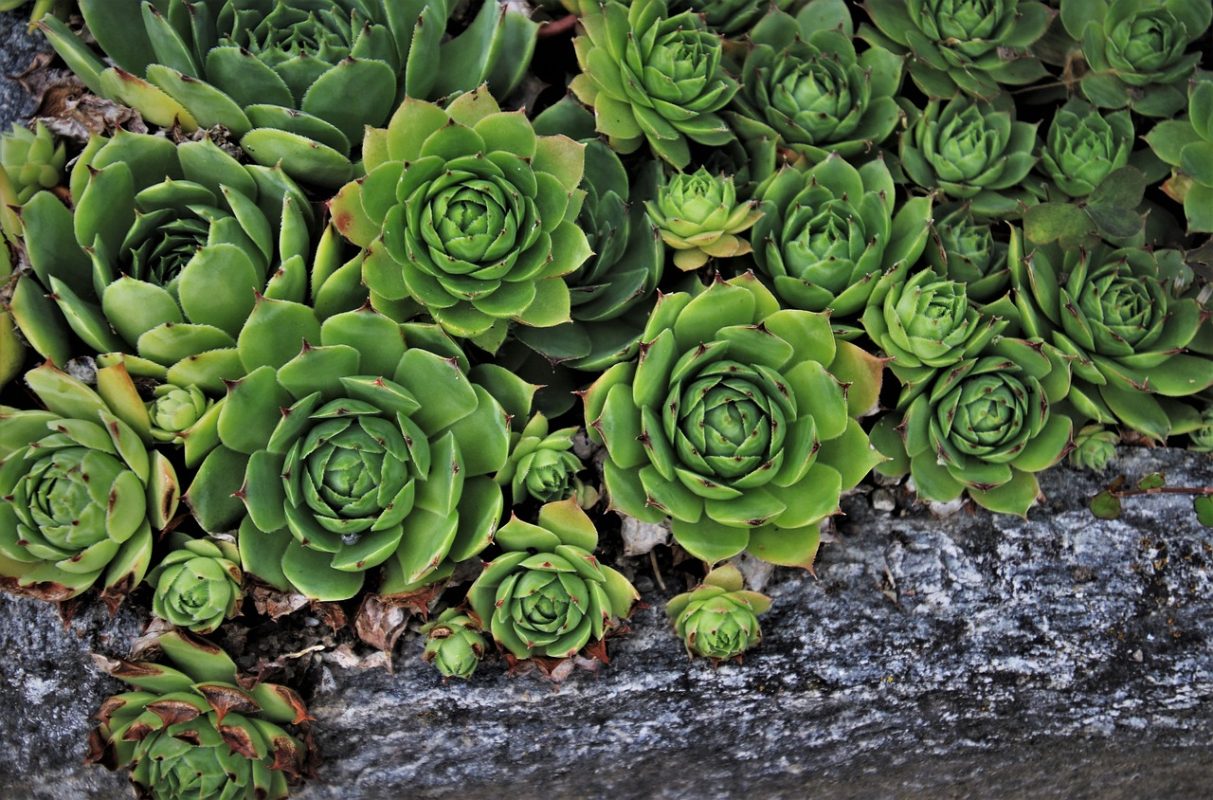

Image Box text
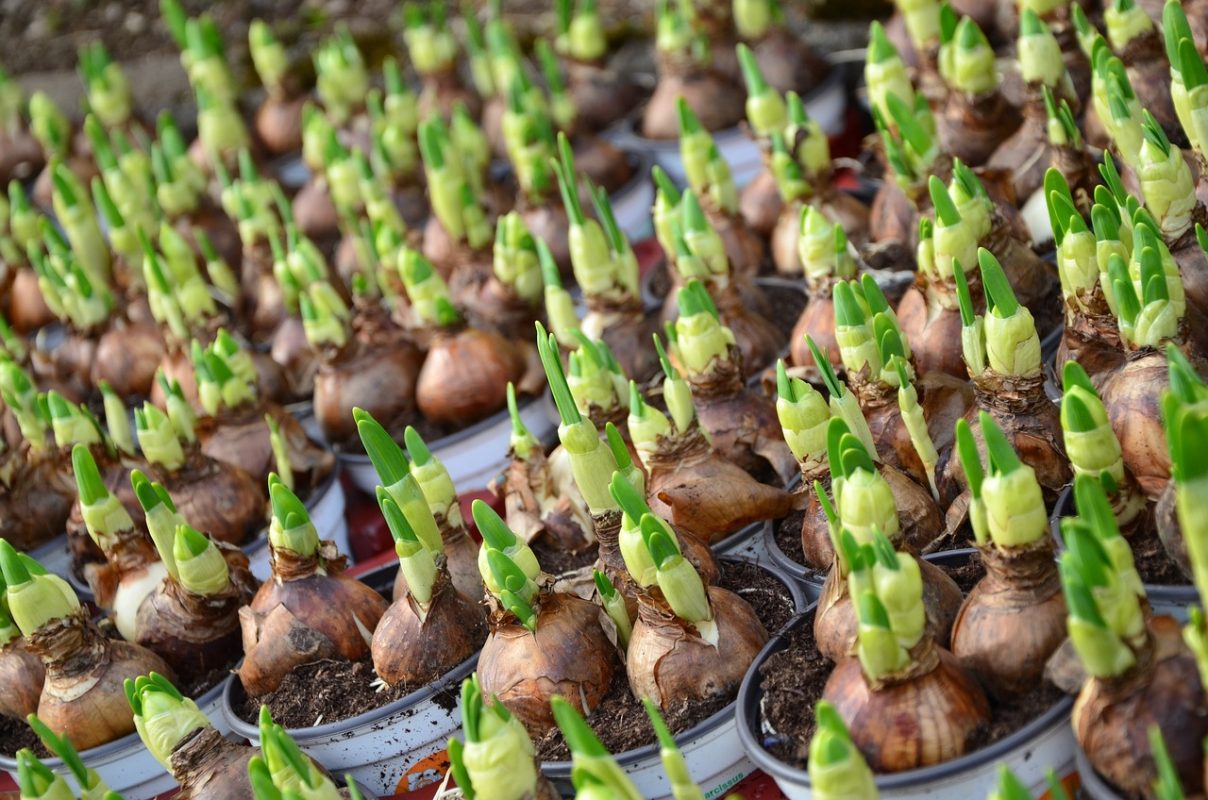

Image Box text
FREE SHIPPING FOR ORDER $29 ABOVE
Annual
Full sun
Consistently moist
Direct sow seeds in the garden or start indoors
1/4 to 1/2 inch
30-40
Brassica juncea, commonly known as mustard greens, Indian mustard, or brown mustard, is a versatile and nutritious plant belonging to the Brassicaceae family. Originating from the Himalayan region of India, it has become widely cultivated across the globe for its culinary, medicinal, and agronomic applications.
This leafy green vegetable is characterized by its deeply lobed, peppery-flavored leaves, which can vary in color from dark green to purple. Brassica juncea is celebrated for its rich nutritional profile, boasting high levels of vitamins A, C, and K, as well as essential minerals. Beyond its culinary appeal, the plant serves as a cover crop and green manure in agriculture, contributing to soil fertility and pest management.
Mustard greens are a staple in various cuisines, adding a zesty kick to salads, stir-fries, and soups. The seeds of Brassica juncea are also utilized to produce mustard condiments, known for their pungency and distinct flavor. Medicinally, certain compounds found in mustard greens are believed to offer anti-inflammatory and antioxidant properties.
Adaptable to diverse climates, Brassica juncea exemplifies the resilience of cruciferous vegetables. Its culinary versatility, nutritional benefits, and agricultural contributions make it a valuable and cherished member of the Brassica genus.
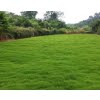 1
1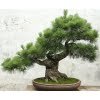 1
1 1
1 1
1 1
1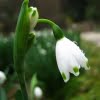 1
1 1
1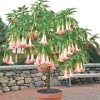 1
1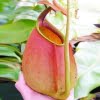 1
1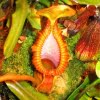 10
10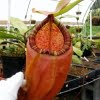 2
2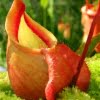 3
3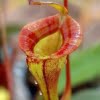 4
4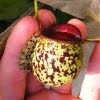 5
5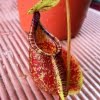 6
6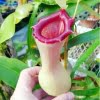 7
7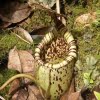 8
8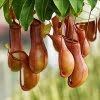 9
9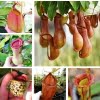 Mixed
Mixed $8.99 Original price was: $8.99.$4.99Current price is: $4.99.
![]() Free shipping on order more than $49
Free shipping on order more than $49![]() Fresh seeds guaranteed
Fresh seeds guaranteed![]() Secured online payment
Secured online payment

Annual
Full sun
Consistently moist
Direct sow seeds in the garden or start indoors
1/4 to 1/2 inch
30-40
Brassica juncea, commonly known as mustard greens, Indian mustard, or brown mustard, is a versatile and nutritious plant belonging to the Brassicaceae family. Originating from the Himalayan region of India, it has become widely cultivated across the globe for its culinary, medicinal, and agronomic applications.
This leafy green vegetable is characterized by its deeply lobed, peppery-flavored leaves, which can vary in color from dark green to purple. Brassica juncea is celebrated for its rich nutritional profile, boasting high levels of vitamins A, C, and K, as well as essential minerals. Beyond its culinary appeal, the plant serves as a cover crop and green manure in agriculture, contributing to soil fertility and pest management.
Mustard greens are a staple in various cuisines, adding a zesty kick to salads, stir-fries, and soups. The seeds of Brassica juncea are also utilized to produce mustard condiments, known for their pungency and distinct flavor. Medicinally, certain compounds found in mustard greens are believed to offer anti-inflammatory and antioxidant properties.
Adaptable to diverse climates, Brassica juncea exemplifies the resilience of cruciferous vegetables. Its culinary versatility, nutritional benefits, and agricultural contributions make it a valuable and cherished member of the Brassica genus.
 1
1 10
10 2
2 3
3 4
4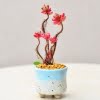 5
5 6
6 7
7 8
8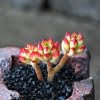 9
9 Mixed
Mixed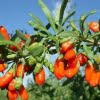 1
1 1
1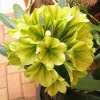 2
2 3
3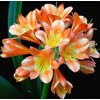 4
4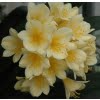 5
5 6
6 Mixed
Mixed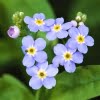 1
1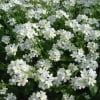 2
2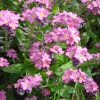 3
3 4
4 Mixed
Mixed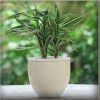 1
1 2
2 3
3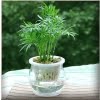 4
4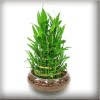 5
5 6
6 Mixed
Mixed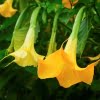 1
1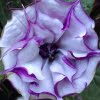 10
10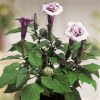 2
2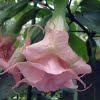 3
3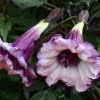 4
4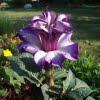 5
5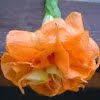 6
6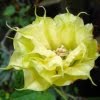 7
7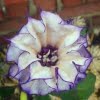 8
8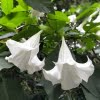 9
9 Mixed
Mixed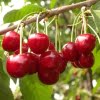 1
1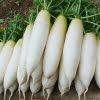 1
1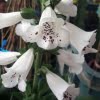 1
1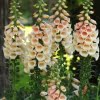 2
2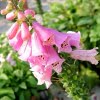 3
3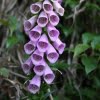 4
4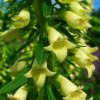 5
5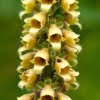 6
6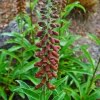 7
7 8
8 Mixed
MixedAnnual
Full sun
Consistently moist
Direct sow seeds in the garden or start indoors
1/4 to 1/2 inch
30-40
Brassica juncea, commonly known as mustard greens, Indian mustard, or brown mustard, is a versatile and nutritious plant belonging to the Brassicaceae family. Originating from the Himalayan region of India, it has become widely cultivated across the globe for its culinary, medicinal, and agronomic applications.
This leafy green vegetable is characterized by its deeply lobed, peppery-flavored leaves, which can vary in color from dark green to purple. Brassica juncea is celebrated for its rich nutritional profile, boasting high levels of vitamins A, C, and K, as well as essential minerals. Beyond its culinary appeal, the plant serves as a cover crop and green manure in agriculture, contributing to soil fertility and pest management.
Mustard greens are a staple in various cuisines, adding a zesty kick to salads, stir-fries, and soups. The seeds of Brassica juncea are also utilized to produce mustard condiments, known for their pungency and distinct flavor. Medicinally, certain compounds found in mustard greens are believed to offer anti-inflammatory and antioxidant properties.
Adaptable to diverse climates, Brassica juncea exemplifies the resilience of cruciferous vegetables. Its culinary versatility, nutritional benefits, and agricultural contributions make it a valuable and cherished member of the Brassica genus.
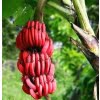 1
1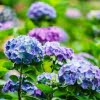 1
1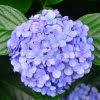 10
10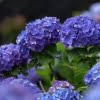 11
11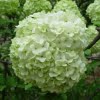 12
12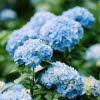 13
13 2
2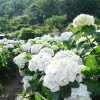 3
3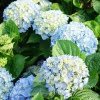 4
4 5
5 6
6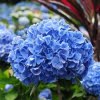 7
7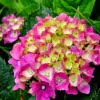 8
8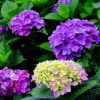 9
9 Mixed
Mixed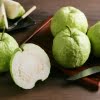 1
1 1
1 1
1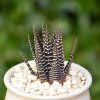 2
2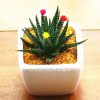 3
3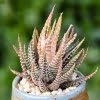 4
4 Mixed
Mixed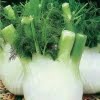 1
1 1
1 1
1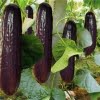 1
1